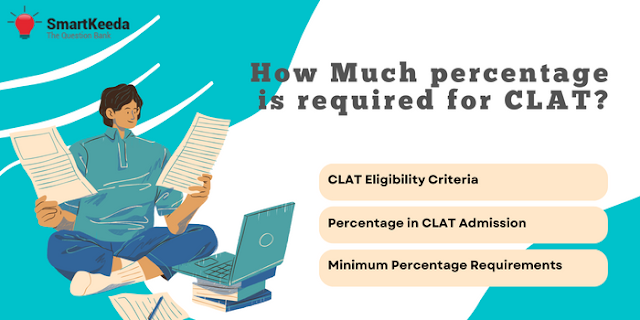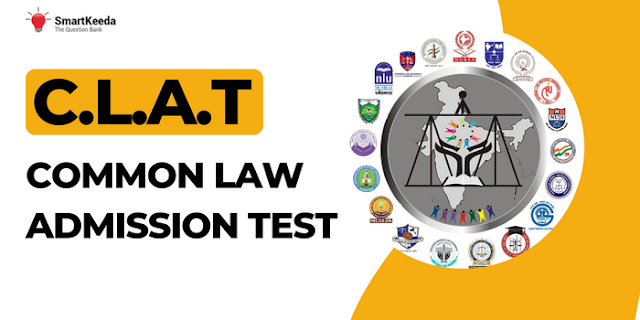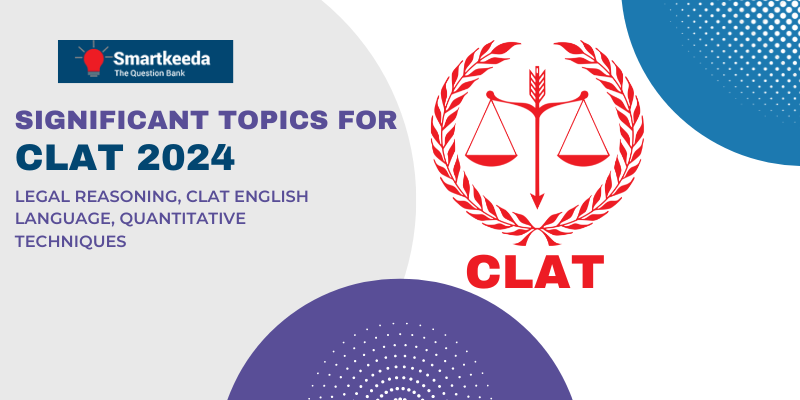Master Current Affairs with Smartkeeda’s Mock Drills: Your Ultimate Exam Prep Companion
.png)
When preparing for competitive exams, staying updated with current affairs is one of the most crucial yet daunting tasks. Smartkeeda's Current Affairs Mock Drills are here to make your journey smoother, offering an innovative and structured approach to help you master the general knowledge (GK) and current affairs sections of banking and other major exams like IBPS PO, IBPS Clerk, RRB PO, and RBI . In this post, we'll explore why Smartkeeda’s current affairs mock drills are the perfect tool to boost your score and ace your exams. What Makes Smartkeeda Current Affairs Mock Drills Special? Smartkeeda’s Current Affairs Mock Drills are designed to simplify your preparation through daily, weekly, and monthly quizzes, with downloadable PDFs, ensuring that you are well-prepared for every aspect of your exam. Whether you're preparing for the banking sector, government jobs, or any other competitive exam, Smartkeeda's structured approach will enhance your learning experience a...





